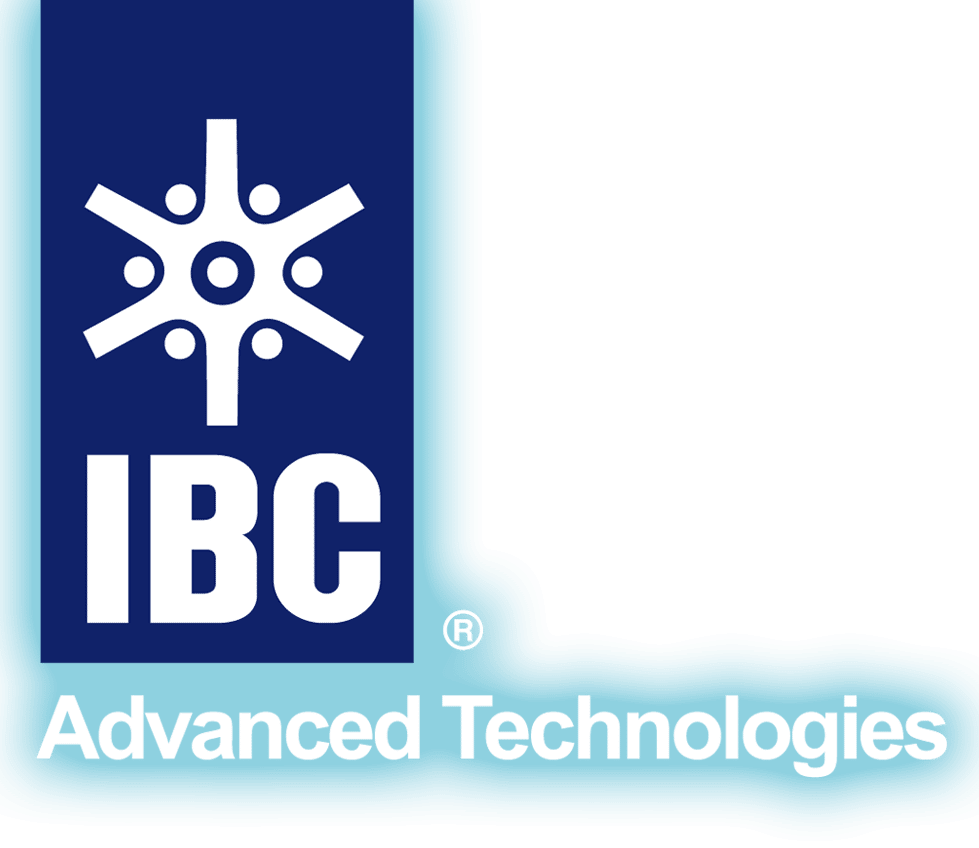IBC’s Industrial MRT™ Processes Incorporate the Principles of Green Chemistry and Green Engineering in the Design and Operation of Highly Proficient Metal Separation Systems
- High individual metal selectivity
- High first pass recovery rates
- Simplified separation systems
- Uncomplicated flowsheets
- Conservation of capital and operating expenses
- Non-use of organic solvents
- Use of wash and eluent solutions that are as benign as possible while being compatible with overall metal refining plant operations.
- Minimal waste generation
For over 30 Years, Green has been at the Core of IBC’s MRT™ Products and Processes
Today, IBC’s MRT™ products and processes are at the forefront in industrial requirements for sustainability, energy conservation, and high product recovery in metallurgical and chemical processes.
MRT™ Processes are Based on the Principles of Green Chemistry and Green Engineering
These principles, developed in the 1990s by Paul T. Anastas and others. The green chemistry applications are widely used in the chemical and pharmaceutical industries to design processes that are eco-friendly, generate minimal waste, and lead to a sustainable future.
| Objective | Green Chemistry/Green Engineering Principle |
| Waste prevention | It is better to prevent waste than to treat it or clean it up after it is formed |
| Minimize hazardous material use | Designers need to strive to ensure that all material and energy inputs and outputs are as inherently non-hazardous as possible |
| Minimize energy and material use | Minimal energy consumption and materials use should be designed into the separation and purification operation |
| Maximize system parameters | Products, processes, and systems should be designed to maximize mass, energy, space, and time efficiency |
| Conserve system complexity | Embedded entropy and system complexity must be viewed as an investment when making design choices on recycle, reuse, or beneficial disposition |
| Safer solvents and auxiliaries |
Use of auxiliary substances (i.e., solvents, extractants, separation agents, etc.) should be made unnecessary whenever possible and, when used, innocuous |
| Design for energy efficiency | Energy requirements of chemical processes should be recognized for their environmental and economic impacts and should be minimized |
| Use renewable feedstocks | A raw material or feedstock should be renewable rather than depleting whenever technically and economically practicable |


